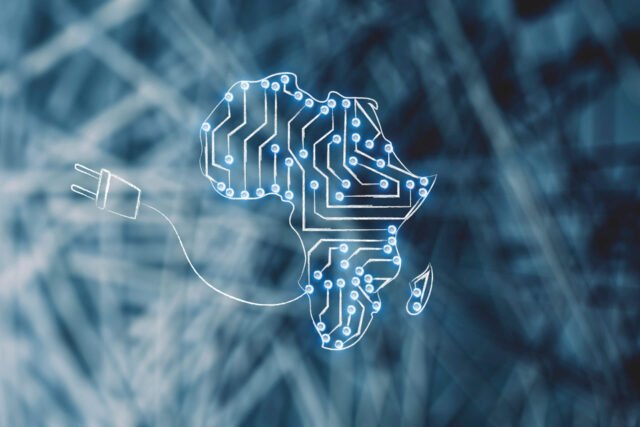As artificial intelligence continues to transform how the world works, Africa stands at a pivotal point. The continent can either remain a follower—adopting imported frameworks designed for societies unlike its own—or rise to become a global leader by shaping ethical AI governance rooted in African values, languages, and lived experiences.
For Nigeria and the rest of the continent, this isn’t just a question of catching up. It’s about creating systems that reflect who we are—our diversity, communal values, and local realities. Imported algorithms built on Western data often fail to represent African societies accurately. They may overlook local dialects, misinterpret cultural nuances, or even reinforce inequalities.
If left unchecked, Africa could become a testing ground for technologies it didn’t design or control. But if the continent defines its own AI ethics, governance, and accountability models, it can ensure that technology serves the people rather than the other way around.

Table of Contents
Building Inclusive Governance Through Local Voices
Africa’s strength lies in its diversity. Yet, this very diversity is also what makes governance challenging. From Lagos to Kigali, Nairobi to Accra, communities face different levels of digital access, literacy, and infrastructure. To ensure ethical AI works for everyone, governance must start from the ground up.
The days of drafting policies in isolation—by a handful of experts or external consultants—are fading. Ethical AI frameworks must be people-centred, informed by voices from all walks of life: educators, artisans, community leaders, technologists, students, and even farmers.
Some African countries have begun taking bold steps. Ghana’s Ministry of Communication and Digitalisation co-created a national AI roadmap through open consultations. Rwanda’s innovation-friendly “regulatory sandboxes” allow real-life testing of AI tools under public supervision. These approaches show that regulation doesn’t have to be rigid—it can be participatory and dynamic.
Nigeria can take lessons from these initiatives. The National Information Technology Development Agency (NITDA) has already begun shaping AI policy, but inclusion remains key. Governance will only succeed if it reflects the perspectives of rural and urban citizens alike. AI designed for Africa must learn from African realities, not just global trends.

Ethics Grounded in African Values
While AI ethics globally often focus on fairness, transparency, and accountability, Africa’s moral compass adds another dimension—community, empathy, and shared humanity. Philosophies such as Ubuntu—“I am because we are”—can help anchor ethical frameworks that prioritise collective good over individual gain.
To bring these ideals into governance, three priorities stand out:
- Data Sovereignty – Africans must control their data. Local storage, language datasets, and open-access models will prevent overreliance on foreign tech giants.
- Cultural Adaptability – Policies should evolve with local needs, protecting traditional knowledge and regional identities.
- Digital Education – Citizens must understand how AI affects them, from healthcare to agriculture, to ensure accountability and public trust.
When Africa defines its own ethics, AI can become a tool for social good—improving education, predicting climate change impacts, enhancing crop yields, and even addressing corruption through data-driven transparency. But that requires a foundation of trust and inclusion built on African philosophy, not foreign frameworks.

From Technology Takers to Global Standard Setters
Africa has long been seen as a technology adopter, not a driver of innovation. But this perception is changing fast. The African Union’s Continental AI Strategy, launched in 2024, marked a turning point—pushing for collaboration, digital sovereignty, and homegrown solutions. Still, frameworks are only the beginning.
The real challenge lies in implementation: training regulators, funding research, and ensuring each nation tailors policies to its culture and economy. Nigeria, for instance, can leverage its large youth population and vibrant tech ecosystem to build continental leadership in ethical AI.
Public-private partnerships will be essential. Governments cannot regulate in isolation, and innovators must not build without accountability. When policymakers, entrepreneurs, academics, and civil society work hand in hand, Africa can set standards the rest of the world will want to follow.
In the end, shaping ethical AI governance is not just about technology—it’s about power, values, and voice. If Africa can define its own AI future, it will not only bridge the digital divide but also rewrite the rules of global innovation.
Join Our Social Media Channels:
WhatsApp: NaijaEyes
Facebook: NaijaEyes
Twitter: NaijaEyes
Instagram: NaijaEyes
TikTok: NaijaEyes








































